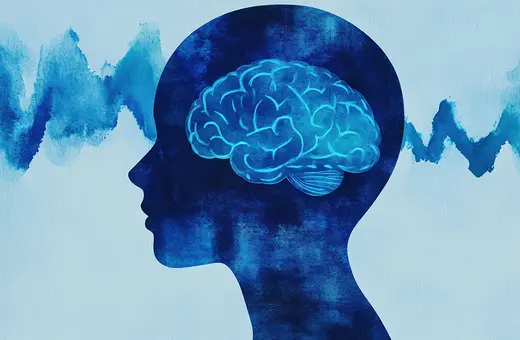“Facts just twist the truth around/Facts are living turned inside out” – so sang David Byrne of Talking Heads in 1980’s “Crosseyed and Painless”, but it’s a refrain that could just as easily apply to “post-truth politics” – a climate whereby facts are ignored (or in some cases, fabricated) in favour of spurious claims and appeals to emotion. Statistics, figures and expert opinions are seemingly no longer valid, and a lie announced loudly and repeatedly will drown out the truth – as with the claim by Brexiteers that EU membership cost Britain £350m a week, which was repeatedly debunked by fiscal authorities yet saw continued use at the forefront of the Vote Leave campaign.
Add to that an American election campaign marred by many and varied false accusations - ranging from tweets claiming global warming was invented by the Chinese to tinfoil-hatted conspiracy-talk that Barack Obama was not an American citizen – and it seems hard to deny that politics is no longer about what can be proven or validated.
What exactly has led people to disregard the data? Four philosophers, writers and scientists give their opinions on why truth is being left by the wayside.
‘Scepticism of truth stems from disenchantment with context-less facts’ – Andrew Bowie | Author, musician and Professor of Philosophy and German at Royal Holloway. His most recent book is Adorno and the Ends of Philosophy
"The root of scepticism is not the problem of whether we really know anything, which modern science puts in question by the sheer force of its problem-solving capacity, even if it does not refute epistemological scepticism by a philosophical theory, but rather a wider series of problems regarding how we inhabit the world in modernity. In Romantic terms the failure of the attempt to ground knowledge in a positive theory is seen as part of a more general groundlessness that Novalis and others sometimes refer to as ‘homelessness’. The advance of science and the organisation of modern societies depend on types of objectification that prioritise universal forms over the particularity of things and people.
Mathematically based natural science, and modern bureaucracy and law enable huge advances in civilisation, but the price is what Max Weber calls ‘disenchantment’. Values which were previously embedded in complex interpersonal forms of exchange and interaction increasingly become an essentially numerical quantity. The transformation in question enables all sorts of new possibilities for improving the quality of human existence, and it is vital not to underestimate this. At the same time the transformation also gives rise to a concern with qualitative relations between subject and world that can be obscured and eroded by objectification, and this concern points, for example, to the destructive effects of objectification on the environment and on peoples’ lives."
‘…And a disconnect between what’s said, and what seems to be reality’ – Emma Borg | Professor of Philosophy at Reading University and Director of the Reading Centre for Cognition Research















Join the conversation